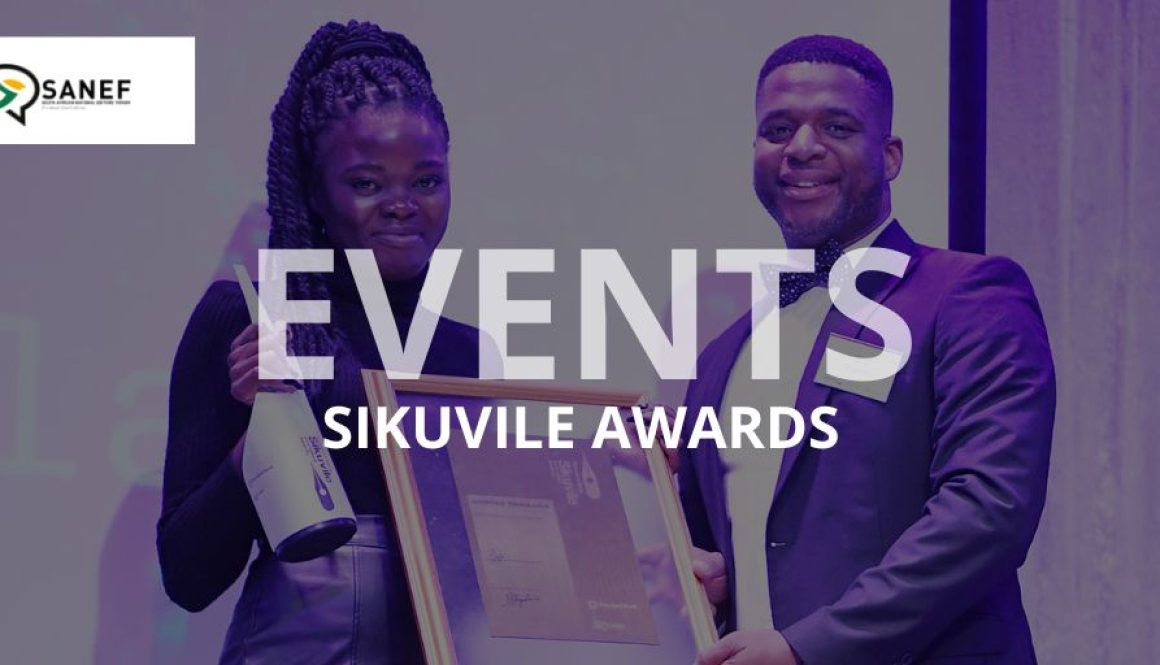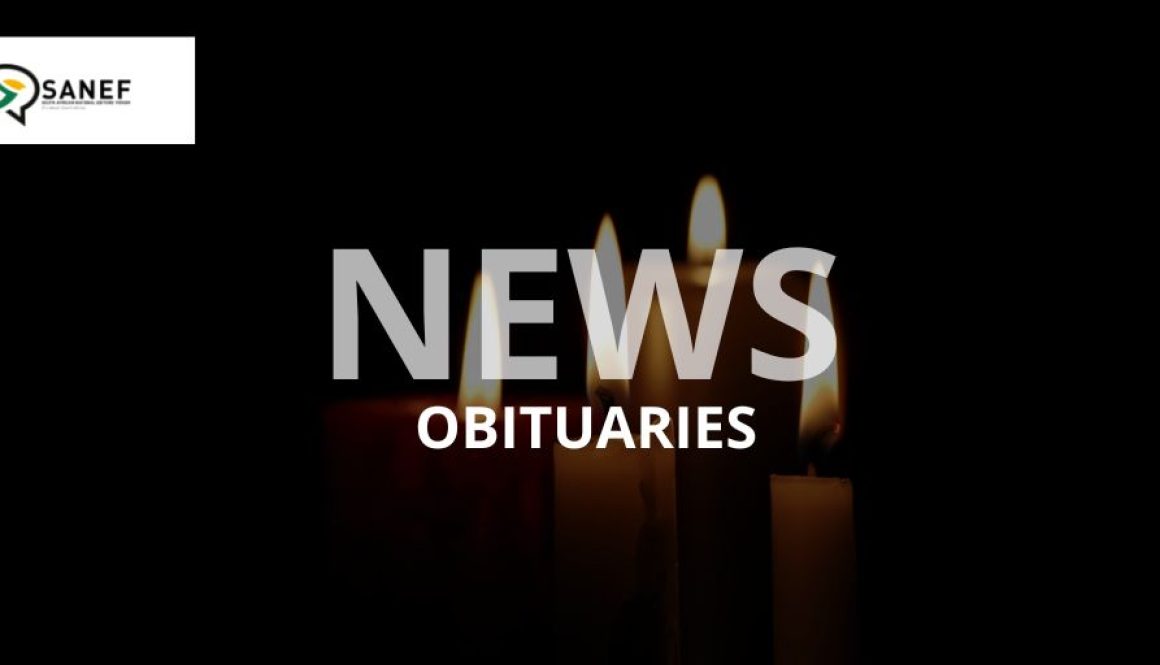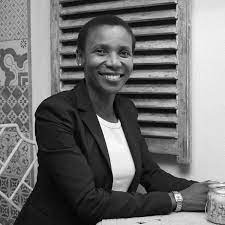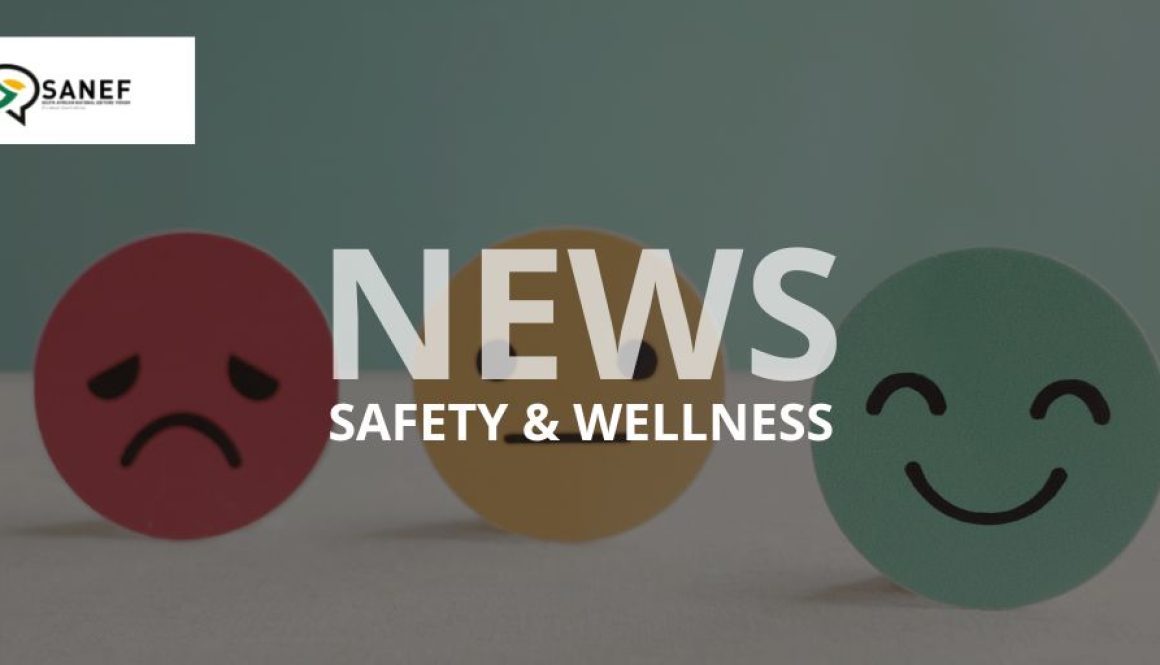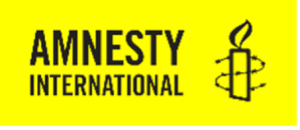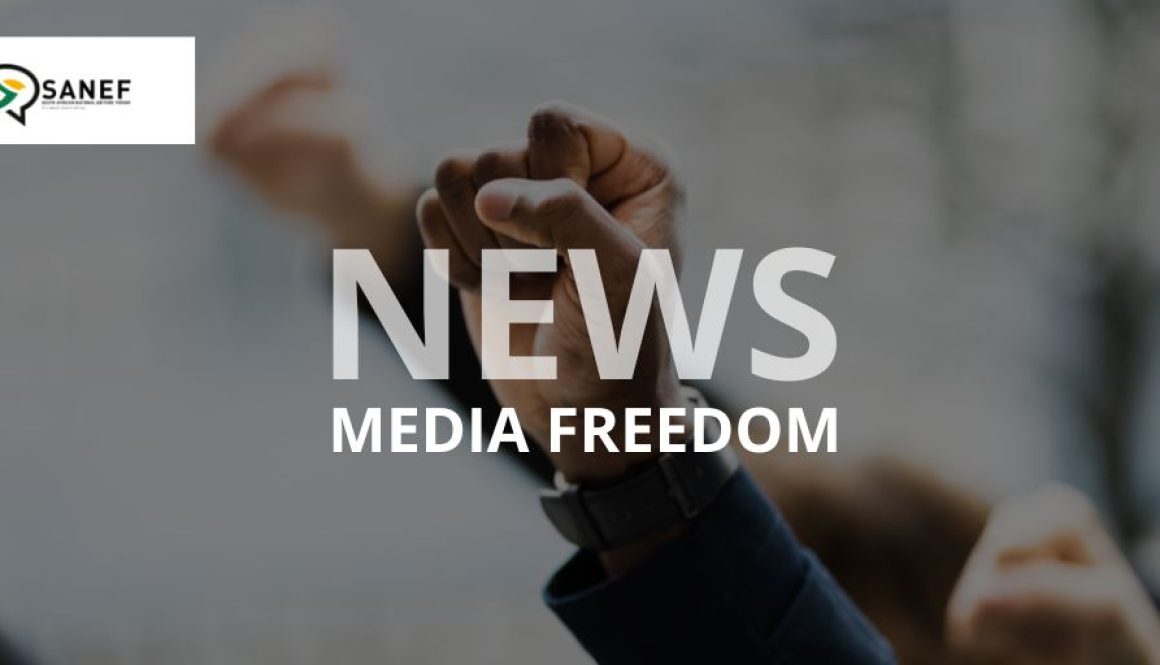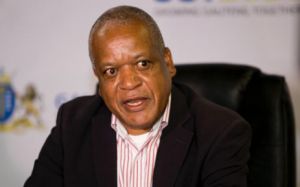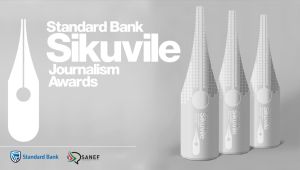Standard Bank Sikuvile Journalism Awards 2022 shortlist announced
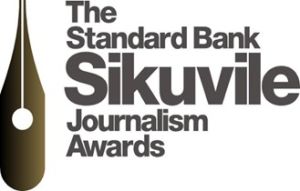
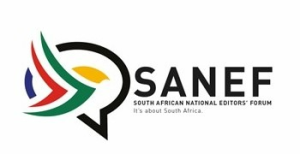
The 2022 shortlist in the Standard Bank Sikuvile Journalism Awards has been announced.
Selected from the 360 entries received this year, the ever-popular Features category boasted the most entries, followed by the Community Service Reporting, Columns/Editorial, Hard News, and Investigative Journalism categories.
Unfortunately, there are no shortlisted entries in the new category, Indigenous language reporting in community media (Category 2).
There were no shortlisted entries in Category 8: Popular Journalism, as none of the entries met the category criteria.
SIKUVILE JURY
The shortlist was determined by this year’s jury: Tyrone August, Melanie-Ann Feris, Ryland Fisher, Helen Grange, Pippa Green, Thabo Leshilo, Mapi Mhlangu, Lesley Mofokeng, Ruth Motau, Neo Ntsoma, Sue Olswang, Mary Papayya, Gus Silber, and Beauregard Tromp.
It is noted with much sadness that jury member Phindile Mary Xaba, passed away this Saturday (7 May) following a battle with cancer. SANEF, the Standard Bank Sikuvile Journalism Awards team and the jury members send their condolences to the family.
LIVE EVENT
All category winners receive the coveted Sikuvile Journalism Award Trophy, certificate and R15,000 prize money (to be shared if there is more than one winner in a category). Finalists also receive certificates.
Hosted by the South African National Editors’ Forum, SANEF and sponsored by Standard Bank, the Awards will announce all the winners at a live event at The Venue, Melrose Arch, on 25 June 2022.
STANDARD BANK SIKUVILE JOURNALISM AWARDS 2022 SHORTLIST
Category 1: Hard News
NAME TITLE COMPANY
| Norman Masungwini
Setumo Stone |
“Bushiri escapes SA again” | City Press | |
| Mike Loewe | “35 Fuel Stations dump Shell” | Daily Dispatch | |
| Team News24 | “July Unrest Breaking News”
|
News24 |
Category 3: Community Service Reporting
| Boikhutso Ntsoko
Mia Lindeque |
“10 years after Andries Tatane’s death, Ficksburg govt says Rome was not built in a day” | Eyewitness News | |
| Don Pinnock | “The evicted residents of District Six were robbed of the golden threads of | Don Pinnock | |
| Nomvuyo Ntanjana | “Tatum De Pearce” | SABC2 and SABC news channel 404 | |
| Khaya Koko | “Defenders of the last Complex standing” | Mail and Guardian |
Category 4: Investigative Journalism
| Daneel Knoetze | Body of work
|
News24, Daily Maverick, Viewfinder, GroundUp & Carte Blanche | |
| Dewald van Rensburg | “The Cumex Files” | Amabhungane | |
| Jeff Wicks
Rudi Louw |
“Blood Brothers: A tobacco industry death squad exposed” | News24
|
|
| Pieter-louis Myburgh | “Digital Vibes” | Daily Maverick | |
| Susan Comrie
Sam Sole |
“State Capture: The case against Nedbank” | Amabhungane | |
| Tiara Walters | “Using Cape Town as a launchpad” | Daily Maverick
|
Category 5: Columns / Editorial
| Chris Roper | “Unmasking the IRR’s Bogeyman” | Financial Mail | |
| Willemien Brümmer
|
“Dis hoekom ons moet leer om ook na Nzimande te luister” | Netwerk24 | |
| Mia Malan | “The joke’s on us, South Africa”
|
Bhekisisa Centre for Health Journalism | |
| Johanna van Eeden | “Hoekom is ons so geskok?” | Beeld | |
| Setumo Stone | “The EFF masterstroke” | City press |
Category 6: Visual Journalism (editorial cartoons & graphic layout)
| Jaco Grobbelaar
Arisa janse van Rensburg |
“Een jaar sedert eerste Covid-19-geval in SA” | Netwerk24, Beeld & Die Burger | |
| Sharlene Rood
Bevan Lakay Aljoscha Kohlstock Stefni Herbert Nokuthula Manyathi |
“Getting to know Vaccines” | Health24 | |
| Shaun Uthum
Vuyo Singiswa Sarah Buitendach |
“Johannesburg, the sinking city?” | Financial Mail
|
Category 7: Features
| Boikhutso Ntsoko
|
“SA’s deathcare workers: On the frontline…” | Eyewitness News | |
| Franny Rabkin | “An unlikely Chief Justice” | Sunday Times | |
| Lucas Ledwaba | “Thirsty for change in Limpopo’s parched villages” | Daily Maverick & Mail and Guardian | |
| Willemien Brümmer
|
Body fo work: “Pandemie van verdriet” | Netwerk24 | |
| Don Pinnock | Body of work | Daily Maverick |
Category 9: News Photographs
| Jacques Nelles | “Economic coffin after July insurrection” | The Citizen
|
|
| Phandulwazi Jikelo
|
“Refugees left stranded without ablution facilities” | Cape Times | |
| Sandile Ndlovu | “King Goodwill Zwelithini takes his final journey” | TimesLIVE
|
Category 10: Feature Photographs
| Alon Skuy
|
“Katlego, A South African Cowboy, The Rodeo Dream” | Sunday Times
|
|
| Jacques Nelles | “Miners’ daily dice with death” | The Citizen | |
| Lucas Ledwaba
|
“Women bear brunt of gold mining’s rotten legacy” | Sunday Times | |
| Werner Hills
|
“The Swarm”
|
Weekend Post and The Herald |
Category 11: Sports Photographs
| Alon Skuy | “Katlego, A South African cowboy, the rodeo dream” | Sunday Times | |
| Esa Alexander | “Springboks series win against British & Irish Lions” | Sunday Times | |
| Phandulwazi Jikelo
|
“Red Bull King of the air”
|
African News Agency | |
| Sandile Ndlovu
|
“2021 COSAFA beach soccer championship” | TimesLIVE |
Category 12: Lifestyle
| Adriaan Roets | “Feestyd in die dronktronk” | Beeld | |
| Carla Lewis | “In avomafia se greep” | Beeld | |
| Graham Wood
|
“Kentridgenomics: What rocketing prices for William’s work say about SA’s art market” | Financial Mail | |
| Onke Ngcuka
|
“Indigenous crops: Local is not only lekker, it’s also a weapon in the climate crisis battle” | Daily Maverick |
The Following Awards will be announced at the Awards event:
Category 13: Upcoming/ Rising Star of the Year
Category 14: Journalist of the Year
Category 15: Allan Kirkland Soga: Lifetime Achiever Award
Further information:
SANEF:
- Reggy Moalusi- Executive Director 071 682 3695 – [email protected]
- Hopewell Radebe- Projects Manager/ 083 582 1734 – [email protected]
- Dzudzie Netshisaulu – Coordinator/Administrator 079 029 7656/ [email protected]
Socials
- Twitter: @SAEditorsForum
- Email: [email protected]
- Website: SANEF

